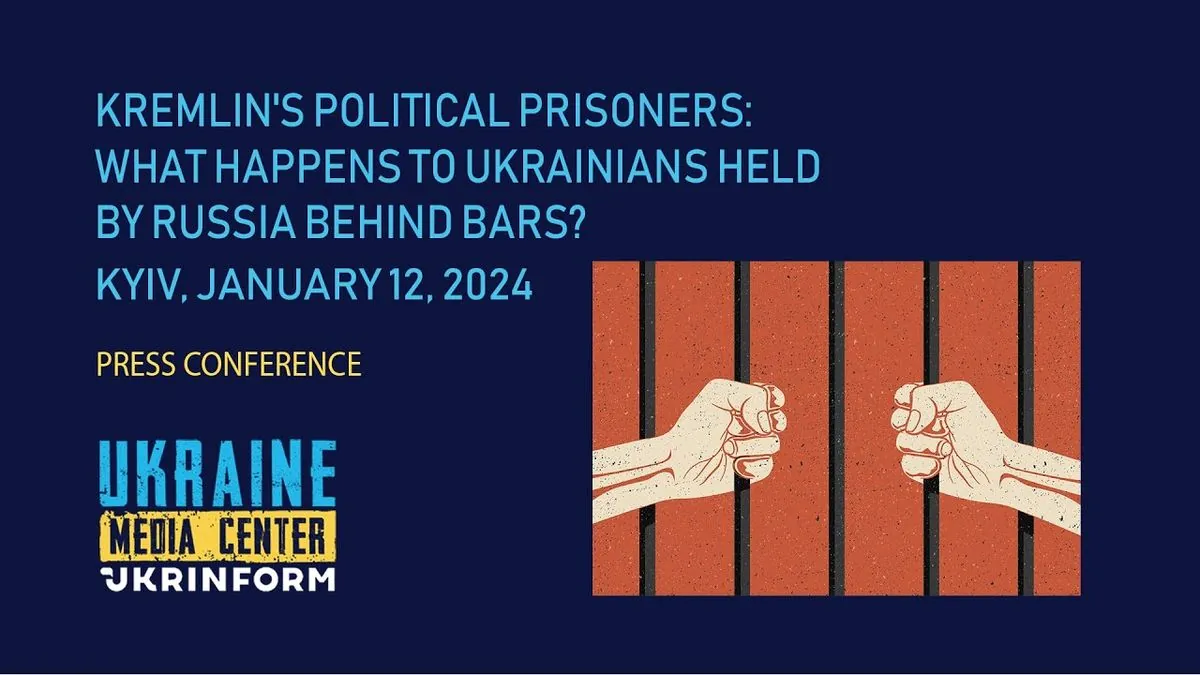In a stark reminder of Russia's ongoing human rights crisis, more than 1,300 individuals remain imprisoned for their political views, according to Mariana Katzarova, the UN special rapporteur on human rights in Russia. This alarming situation echoes the country's long history of political repression, dating back to the Tsarist era and the notorious Soviet Gulag system.
A recent UN report, released on September 24, 2023, highlights the severity of the situation, describing "shockingly long sentences on absurd grounds" for acts as minor as reading a poem or posting on social media. Katzarova stated that Russia is now driven by a "state-sponsored system of fear and punishment, including the use of torture with absolute impunity."
The crackdown on dissent has intensified since Vladimir Putin's rise to power in 2000. With constitutional amendments in 2020 potentially extending his rule until 2036, the government has implemented numerous laws restricting freedom of speech and assembly. This has resulted in Russia ranking 155th out of 180 countries in the 2023 World Press Freedom Index.
Among the victims of this repression are artists, activists, and journalists. The case of Pavel Kushnir, a brilliant concert pianist, exemplifies the tragic consequences of speaking out. Arrested in May 2023 for posting a 50-second anti-war video, Kushnir died on a hunger strike in late July 2023. His talent, remembered by fellow musician Grace Chatto, was only widely recognized after his death.
The use of psychiatric confinement as a form of punishment, reminiscent of Soviet-era practices, is another disturbing trend. Alexander Gabyshev, a self-proclaimed shaman, and Rafael Shepelev, an activist, have both been subjected to forced psychiatric treatment for their political views. This practice has been condemned by human rights organizations and compared to the Soviet Union's notorious use of psychiatric hospitals to silence dissidents.
The situation for political prisoners in Russia continues to deteriorate. Olga Romanova, founder of the prisoners' rights group Russia Behind Bars, notes that those responsible for the death of opposition leader Alexei Navalny were promoted, sending a chilling message about the treatment of dissenters.
International pressure has led to some prisoner exchanges, but the focus remains largely on foreign detainees. Vladimir Kara-Murza, an opposition leader freed in an August 2023 exchange, emphasized the urgency of the situation for those still imprisoned, stating, "For many of them ... it's not just a question of their unjust imprisonment, although that would be unacceptable in itself, but it's also a question of life and death."
Russia's treatment of political prisoners has drawn comparisons to practices during the Soviet era, with the country facing international sanctions and criticism from human rights organizations. The forced closure of prominent groups like Memorial and the Moscow Helsinki Group in recent years has further limited avenues for human rights advocacy within Russia.
As protests against the war in Ukraine continue to result in mass arrests, and with the implementation of strict "foreign agent" laws targeting NGOs and independent media, the space for dissent in Russia continues to shrink. The international community faces the challenge of addressing these human rights violations while navigating complex geopolitical relationships with Russia.
"I wake up every morning and every night thinking of all those who are still left behind. For many of them … it's not just a question of their unjust imprisonment, although that would be unacceptable in itself, but it's also a question of life and death."
As the world grapples with Russia's actions on the international stage, the plight of its political prisoners serves as a stark reminder of the human cost of authoritarianism and the ongoing struggle for freedom and justice within the country's borders.
